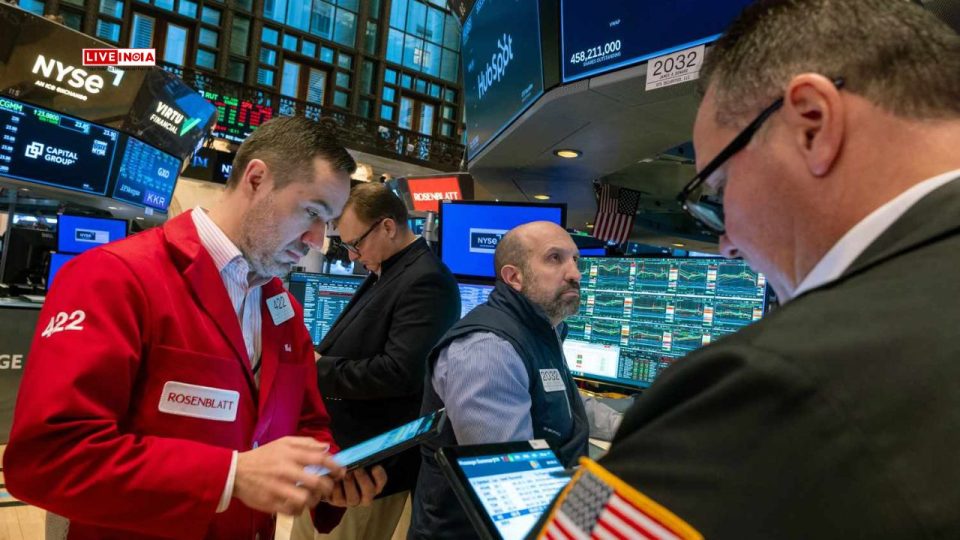The Dow Jones Industrial Average (DJIA) opened Tuesday with a remarkable 1,300-point increase, representing a 3.42% rise from Monday’s close of 37,965.60. This surge reflects growing optimism surrounding potential tariff negotiations and trade deals, fueled by statements from U.S. officials and President Donald Trump.
Investor sentiment received a boost early Tuesday after President Trump shared updates on tariff discussions via Truth Social. Trump revealed he had a “great call” with South Korea’s acting president and added that China “wants to make a deal badly.” These comments were followed by extended gains in stock futures, signaling heightened confidence in the potential resolution of trade tensions.
Treasury Secretary Scott Bessent also weighed in on the matter during an interview with CNBC. Bessent disclosed that approximately 70 countries have approached the United States to negotiate tariffs introduced last week. He emphasized the importance of solid proposals from trading partners, noting that while some tariffs might remain, favorable deals could be reached. “If they come to the table with solid proposals, I think we can end up with some good deals,” Bessent stated.
The U.S.’s recent tariff strategy has been described as leveraging maximum pressure to encourage negotiations. Trump’s administration unveiled a baseline 10% levy on imported goods alongside higher reciprocal tariffs targeting specific nations. According to Bessent, these measures are designed to compel foreign governments to address issues such as currency manipulation, subsidized financing, and non-tariff barriers.
China’s response to these tariffs has been criticized by Bessent as a “big mistake,” highlighting the imbalance in trade flows between the two nations. “We are the nation with a trade deficit. What do we stand to lose if China increases tariffs against us? We send only a fifth of what they send to us,” he explained.
Beyond China, discussions with other trading partners are gaining momentum. For instance, Japan and South Korea have expressed interest in investing in an energy project in Alaska—a move that could reduce trade deficits while creating jobs domestically.
The DJIA’s sharp rise coincides with other positive economic indicators. Dividend payments for U.S. common stocks increased by $15.3 billion in Q1 2025 compared to Q4 2024, showcasing resilience in corporate profitability despite slowing dividend growth overall. This financial strength further supports market optimism amid ongoing trade negotiations.
While uncertainties remain regarding the final outcomes of these talks, the market’s reaction underscores investor confidence in the administration’s ability to secure advantageous agreements. As negotiations unfold, traders will closely monitor developments that could reshape global trade dynamics and impact economic growth trajectories.
Tuesday’s rally reflects renewed hope for progress in resolving tariff disputes that have weighed on global markets for years. With President Trump actively engaging in discussions and Treasury Secretary Bessent signaling openness to compromise under certain conditions, investors are betting on a favorable resolution that could unlock new economic opportunities for the United States and its trading partners.

